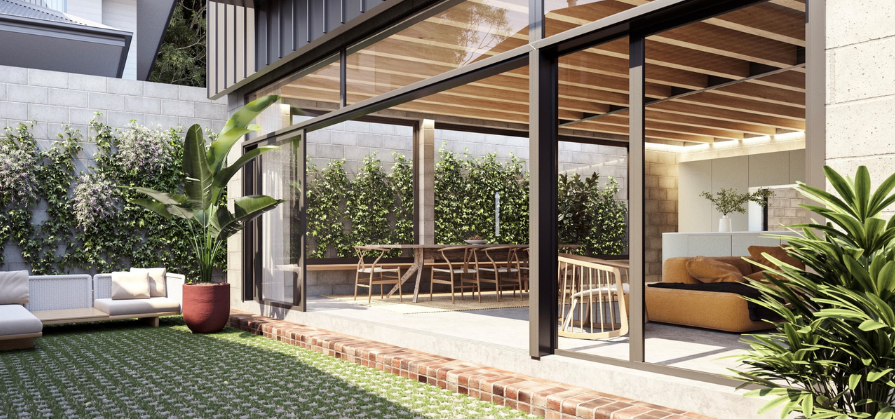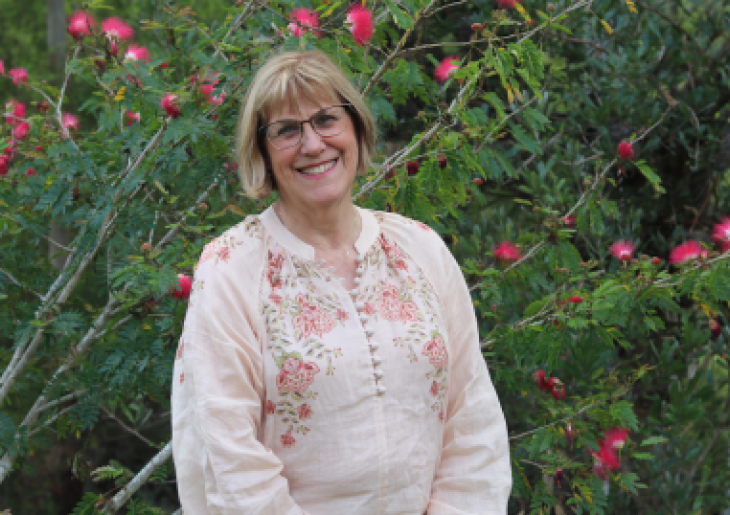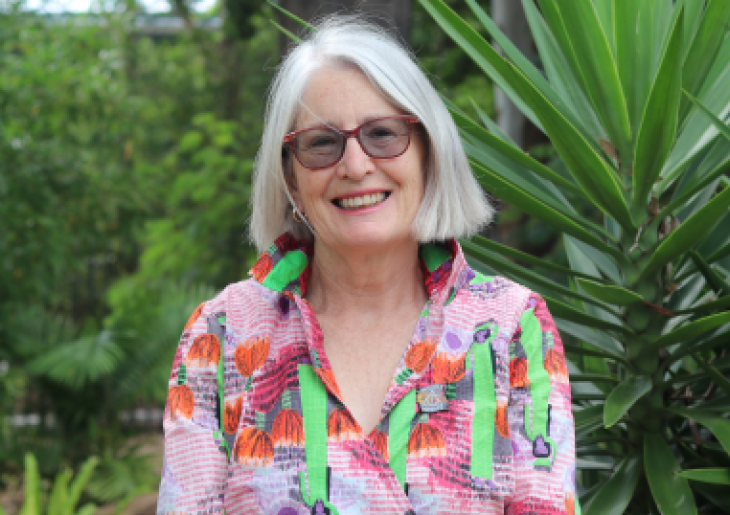Mitchell Wright: alumni profile

You graduated from CCGS in 2008, what has been your path since finishing school?
Winding! I spent a lot of time trying to find the right path for myself, trying new things and stepping out of my comfort zone here and there but not nearly enough. Eventually I started Open Foundation at The University of Newcastle and made my way into architecture. I studied my Bachelor of Design (Architecture) and Master of Architecture at UoN before starting my PhD there. Research students often help with course delivery and marking in their field and I was no exception. I did that for a few years before starting my job at Fabric Architecture Studio in Toowoon Bay. The PhD is on hold for now.
What are you passionate about?
What a lovely broad question! Lots of things! When it boils down though I’m passionate about people; I find myself constantly drawn to books and documentaries that focus on the intersection between design and psychology.
My master’s thesis was a home designed for a user with various co-morbid mental health conditions. The important element being how the users conditions controlled their day and how architecture might bring relief. Carefully considering how the supportive design elements might be enabling or hindering the recovery process. These were the sorts of elements that became so important to get the best result. Similarly, my PhD revolves around how we can better design our homes to increase our wellbeing. I try to use this element of my research where I can at work.
What do you love most about your job?
It’s creative problem solving! I was a muso at school… and I still am in my head on my drive to work. I think the reason I loved that so much was because there is no one way to improvise a solo or write a song. Architecture requires you to learn a set of rules and theories to then apply to the contextual idiosyncrasies of the site the client brings to you. Every day is an exciting challenge; willing a design into reality with a team of architects, consultants and builders.
What trait that has been most vital in helping you succeed?
Persistence.
It’s only apparent when you think about it at length but designing and building a home can be really difficult. You use your education and experience to come up with the best response to a site; incorporating the brief from the clients, the path of the sun and the surrounding context.
It can sometimes feels like council development controls, monetary constraints and material limitations all fight to stop a design from being built and you just have to keep pushing on.
I’ve experienced this with my home-to-be. My parents renovated and sold houses numerous times while I was growing up so I’ve always dreamed of building a place to put down my roots. When I found an opportunity to buy a block of land at auction, I grabbed it with both hands and refused to let go. Now that I have the land, the plans are with council and I have to argue my case as to why it deserves to be built. While this isn’t the case with every design, I’m yet to see a proposal that didn’t involve calls, emails and extra work to get it across the line.
What’s your big dream in life?
I dream of creating my own practice one day; a practice rooted in compassion and empathy for the user. I want to be able to support those who struggle with their mental health by designing a home environment perfectly tailored to address their conditions. This might be something that naturally moves towards hospital spaces as well. Either way I want the work to be evidence driven and compassionate, conducting practice-based research and sharing my findings with the industry. At the moment the research is mostly data rich: figures and models focusing on the relationship between the environment (both built and natural) and our mental well-being. I’m going to make it my job to find how this kind of research can be best used to improve our homes. Maybe you’ve noticed things about your home during COVID lockdowns that change the way you feel? That’s what I’m most interested in. If you’re interested in architecture or environmental psychology you can follow me on Instagram @w_a_r_d_au
What is one piece of advice you would give to your high school self?
Break the rules that you set for yourself. They’re the ones that hold you back the most. Challenge the norm with rigorous thinking and experimentation; and don’t be afraid of failure because you learn so much from it.




